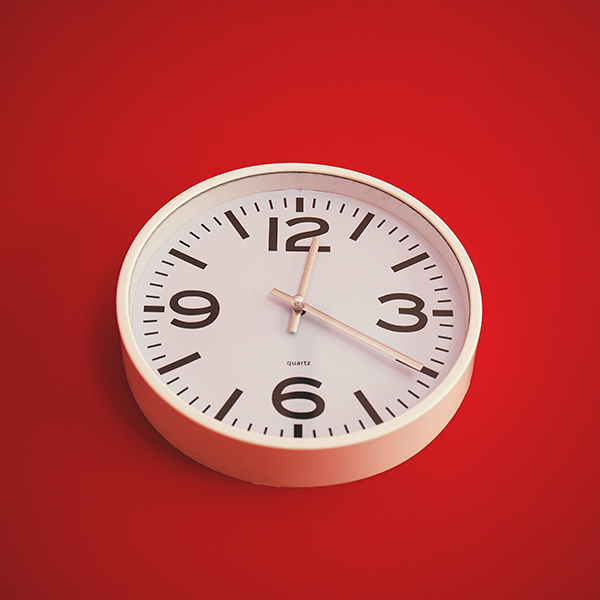For at least two decades, I have been a strong advocate for marriage, not out of some sense of loyalty to outdated traditions, but because the psychology of marriage and the evidence about the effects of marriage go so strongly with the grain of human nature.
Study after study suggests that marriage works more than it doesn’t for most people, despite what many people assume about divorce rates.
The better-off know this.
Among parents in the top socio-economic groupings, for example, three quarters are married by the time their children are born. Among cabinet members, 85% (23 out of 27) are married for the first time. The Prime Minister is unusual in being the only person on his second or more marriage, in his case about to begin his third.
So why are our politicians and policy-makers such fans of marriage in their private lives and yet so reticent to back marriage in public policy?
If you doubt me, when did you hear a cabinet member give a speech on the importance of marriage? When did a cabinet member say that the £250 married couples allowance was not nearly incentive or reward enough? Or when did any of them comment, assuming they are even aware, that couples stand to lose up to £10,000 a year in universal credit if they marry their partner?
Maybe they won’t back marriage in public because they don’t think the public are interested.
Surveys suggest otherwise. In 2018, the Centre for Social Justice found that 93% of teenage young men said they expected to marry at some point. In 2008, a survey of young adults under 30 by Anastasia de Waal at Civitas found much the same.
But clearly there’s a need for an update. So we commissioned our own survey of 2,000 adults under 30, the Tik Tok generation.
What we found is that the vast majority of young adults still want to marry:
- More than eight out of 10 young unmarried women and men want to get married. 86% of unmarried women and 80% of unmarried men under 30 in a relationship say they would “like to get married at some point” in their life, while 76% of women and 77% of men under 30 say they “expect to get married at some point”.
- Nor does age dull the desire to marry appreciably, with slightly fewer women wanting to marry, falling from 89% of 18-24s to 83% of 25-30s, whereas slightly more men want to marry, rising from 78% of 18-24s to 81% of 25-30s.
- Nor does social class, with 91% of women and 83% of men in the top tercile wanting to marry compared to 81% of women and 82% of men in the bottom tercile.
The verdict is clear.
Young adults overwhelmingly want to marry.
We invite government to affirm this strong desire to marry by backing Marriage Week, and to motivate development of a fearless policy that promotes and distinguishes marriage in line with the evidence.




